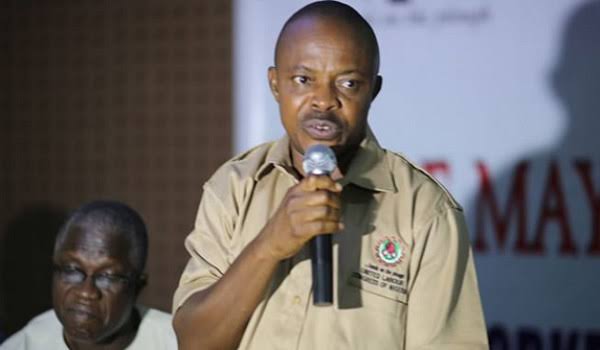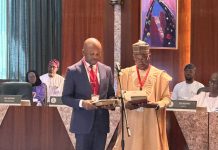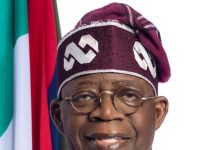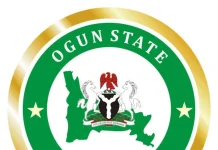There are indications that the organized labour is willing to adjust its request for a N1m minimum wage for workers in Nigeria. The change in stance is expected to be communicated to the Federal Government during the upcoming meeting of the tripartite committee on the minimum wage.
Negotiations during the second meeting of the committee, scheduled for Monday and Tuesday, are anticipated to pave the way for the announcement of a new minimum wage before April 1, when the current N30,000 minimum wage is set to expire.
On January 30, 2024, President Bola Tinubu, through his deputy Kashim Shettima, inaugurated a 37-member panel at the Council Chamber of the State House in Abuja to deliberate on the new minimum wage. The committee consists of representatives from the federal and state governments, private sector, and organized labour, and is tasked with recommending a new national minimum wage.
Shettima emphasized the importance of submitting the committee’s report early due to the imminent expiry of the current N30,000 minimum wage, stressing the need for a timely submission to facilitate the emergence of a new minimum wage.
The House of Representatives proposed an amendment to the National Minimum Wage Act in May 2017, requiring a mandatory review of workers’ remuneration every five years. Subsequently, the Minimum Wage Act of 2019 was signed, empowering the committee to deliberate and reach an agreed wage, subject to validation by the National Assembly. Following the approval of N30,000 as the minimum wage for federal and state workers, the removal of fuel subsidy in 2023 led to a surge in living costs, prompting organized labour to advocate for a comprehensive review of the minimum wage.
The committee, chaired by former Head of the Civil Service of the Federation, Bukar Aji, was inaugurated after prolonged agitation from organized labour due to the government’s delay in constituting the new national minimum wage committee as promised during negotiations. Representatives from the government, Nigeria Governors’ Forum, employer associations, small and medium enterprises, manufacturers’ associations, and organized labour are part of the committee.
Speaking about the committee’s proceedings, Akeem Ambali, a member representing the NLC, highlighted the principle of collective bargaining, emphasizing the need for all parties to consider various factors to reach an agreeable amount. He also outlined the timeline for the committee’s next meeting and expressed disbelief at the N500m approved by the President for the committee, raising concerns about the alleged allocation of funds.
In response, Tommy Etim, Deputy President of the Trade Union Congress, echoed the sentiment that the proposed N1m minimum wage reflected the economic realities in the country and criticized the disparity between workers’ earnings and political remuneration. He highlighted the impact of the removal of fuel subsidy on living costs, emphasizing the need for fair compensation in line with the current cost of living.
Etim called for transparency in the government’s ability to meet the proposed wage. Addressing the N1m demand, the Federal Government emphasized its preference to await the committee’s final decision, acknowledging the need to consider Nigeria’s resources and other factors before making a decision. As the committee navigates the deliberation process, experts emphasized the importance of careful negotiation, considering the current economic challenges and the need for a sustainable resolution acceptable to both parties.
-Advertisement-
Grab our latest Magazine, "Chief Wole Olanipekun, CFR, SAN, A man of wide horizons and deep intentions". Get your order fast and stress free.
For more details about Newswire Law&Events Magazine, kindly reach out to us on 08039218044, 09070309355. Email: newswiremagazine@yahoo.co.uk. You will be glad you did
Download E-Magazine






